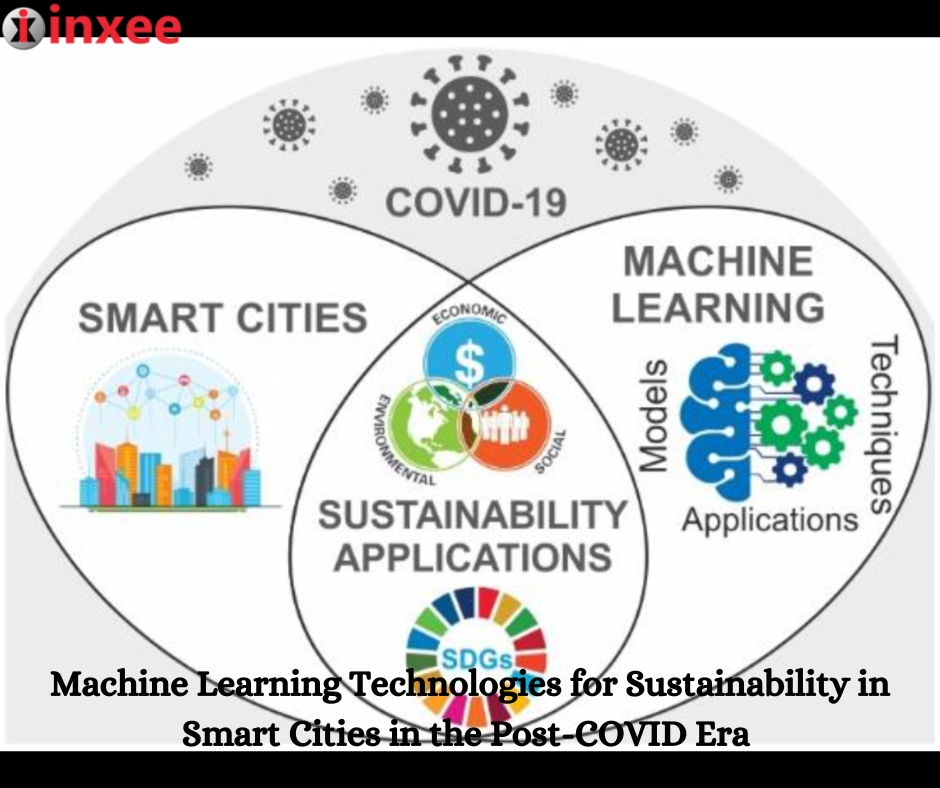Machine Learning Technologies for Sustainability in Smart Cities in the Post-COVID Era

hnologies are being used to address environmental, social, and economic challenges in urban areas, aiming to create more resilient and sustainable communities.
Machine learning is being utilized to optimize energy management in smart cities by analyzing data from sensors and meters to optimize energy consumption and predict demand patterns. This helps in reducing carbon emissions and achieving cost savings.
In the realm of transportation and mobility, machine learning is being used to analyze real-time data from traffic sensors, public transportation systems, and GPS data to optimize traffic flow, reduce congestion, and improve public transportation routes, contributing to sustainable transportation solutions.
Machine learning is also being employed in waste and recycling management by analyzing data on waste generation, collection routes, and recycling rates. This enables the optimization of waste management processes, leading to reduced waste generation and improved waste management efficiency.
Urban planning and resource allocation are also benefiting from machine learning technologies. By analyzing data on population density, land use, and infrastructure, machine learning can assist in optimizing city planning and resource allocation, leading to the development of sustainable urban spaces and efficient resource management.
In the post-COVID era, machine learning is also being leveraged for managing public health and safety in smart cities. Machine learning algorithms can analyze health records, social media, and wearable device data to predict disease outbreaks, monitor public health trends, and facilitate early detection and response to health emergencies, contributing to effective public health strategies.
In summary, machine learning technologies are playing a crucial role in driving sustainability in smart cities, especially in the post-COVID era. From energy management to transportation, waste management to urban planning, and public health to safety, machine learning is enabling smart cities to become more resilient, efficient, and sustainable, contributing to a better future for urban communities.









Leave a Reply